By John Addison. Click here to download



By John Addison. Click here to download
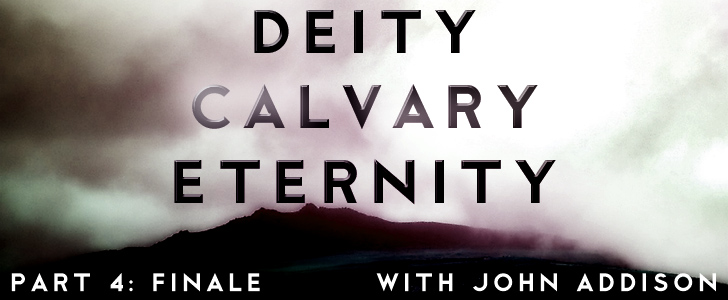
By John Addison. Click here to download
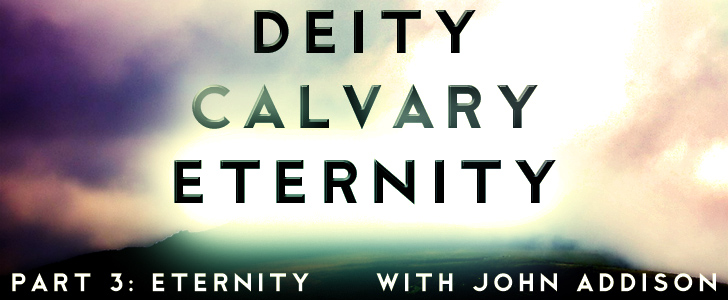
By John Addison. Click here to download
The topic of today’s study is ‘Iron Sharpens Iron’, based on a nifty bible verse – Proverbs 27:17:
As iron sharpens iron, so one man sharpens another.
It’s fascinating that, as Christians, we are sharpened just by being around other like-minded believers. Some of the questions further down relate to on the early believers, at a time not too longer after Jesus had ascended to heaven – an amazing image of people looking after one another, no-one in need, praising God. Many miracles, blessings, wonders; it was an amazing time of fellowship together. Here are the two main passages: Firstly, Acts 2:43-47:
43 Everyone was filled with awe at the many wonders and signs performed by the apostles. 44 All the believers were together and had everything in common. 45 They sold property and possessions to give to anyone who had need. 46 Every day they continued to meet together in the temple courts.They broke bread in their homes and ate together with glad and sincere hearts, 47 praising God and enjoying the favor of all the people. And the Lord added to their number daily those who were being saved.
The second passage – another description of the way the earliest believers spent their time together:
32 All the believers were one in heart and mind. No one claimed that any of their possessions was their own, but they shared everything they had.33 With great power the apostles continued to testify to the resurrection of the Lord Jesus. And God’s grace was so powerfully at work in them all 34 that there were no needy persons among them. For from time to time those who owned land or houses sold them, brought the money from the sales 35 and put it at the apostles’ feet, and it was distributed to anyone who had need.
36 Joseph, a Levite from Cyprus, whom the apostles called Barnabas (which means “son of encouragement”), 37 sold a field he owned and brought the money and put it at the apostles’ feet.
Questions:
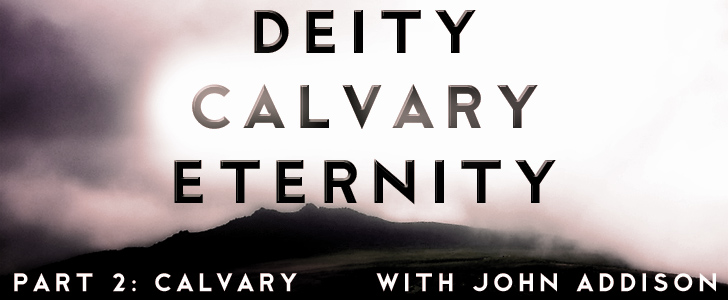
By John Addison. Click here to download
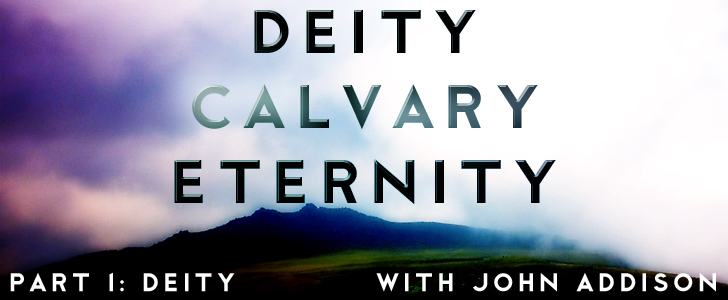
By John Addison. Click here to download
Our human side often means we like to take control of things. The only problem with it is that sometimes this is at odds with what God wants to do. God’s plan can even seem counter-intuitive at first, but as Isaiah 55:8-9 puts it:
8 “For my thoughts are not your thoughts,
neither are your ways my ways,”
declares the Lord.
9 “As the heavens are higher than the earth,
so are my ways higher than your ways
and my thoughts than your thoughts.
Israel’s won its great battles by allowing God’s will to be done. In 1 Chronicles 19, the new king of Ammon had made the King of Israel (David) an enemy and hired 32,000 chariots, plus an army from Syria, plus his own army to attack. David sent Joab to lead the Israelite army there. Joab found himself and the Israelites hemmed in from the front and rear, so what did he do? He split the army, and said to his brother, Abishai:
13 Be strong and courageous! Let’s fight hard for our people and for the cities of our God. And may the Lord’s will be done‘.
That day, Israel was victorious. Despite the situation, Joab’s attitude was spot on! What he said even formed part of the Lord’s Prayer much later: Your Will Be Done. He acknowledged that God may have wanted a different outcome than the one he wanted! When you’re in a tough spot, be strong and courageous, try your best, and the difficult part: Let the Lord’s will be done.

By John Addison. Click here to download
This is a study of the parable of the workers in the Vineyard, and it’s in Matthew 20:1-16. It centres around a land owner who hires workers at different times in the day, and at the end of the pays them all the same.
“For the kingdom of heaven is like a landowner who went out early in the morning to hire workers for his vineyard. 2 He agreed to pay them a denariusfor the day and sent them into his vineyard.
3 “About nine in the morning he went out and saw others standing in the marketplace doing nothing. 4 He told them, ‘You also go and work in my vineyard, and I will pay you whatever is right.’ 5 So they went.
“He went out again about noon and about three in the afternoon and did the same thing. 6 About five in the afternoon he went out and found still others standing around. He asked them, ‘Why have you been standing here all day long doing nothing?’
7 “‘Because no one has hired us,’ they answered.
“He said to them, ‘You also go and work in my vineyard.’
8 “When evening came, the owner of the vineyard said to his foreman, ‘Call the workers and pay them their wages, beginning with the last ones hired and going on to the first.’
9 “The workers who were hired about five in the afternoon came and each received a denarius. 10 So when those came who were hired first, they expected to receive more. But each one of them also received a denarius.11 When they received it, they began to grumble against the landowner.12 ‘These who were hired last worked only one hour,’ they said, ‘and you have made them equal to us who have borne the burden of the work and the heatof the day.’
13 “But he answered one of them, ‘I am not being unfair to you, friend. Didn’t you agree to work for a denarius? 14 Take your pay and go. I want to give the one who was hired last the same as I gave you. 15 Don’t I have the right to do what I want with my own money? Or are you envious because I am generous?’
16 “So the last will be first, and the first will be last.” (NIV)
Questions:
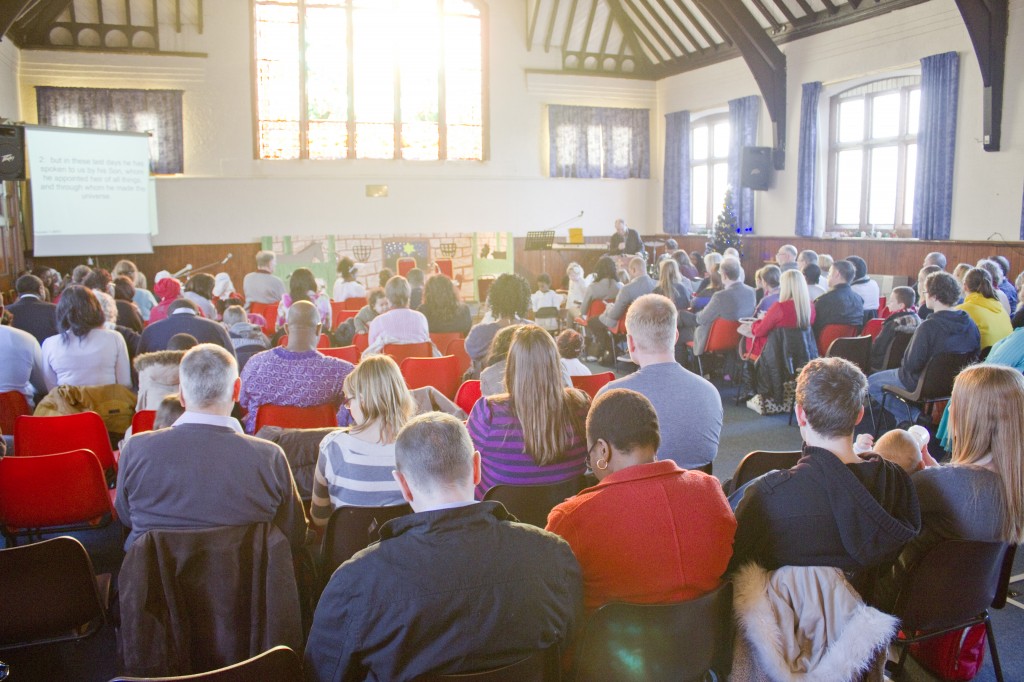
Shots from the Nativity this year! Thanks to everyone involved for all the effort put in, it really paid off, plus it was a pleasure to see a few new faces. We do have one last carol service tonight (Christmas Eve) at 7pm, otherwise have a really Blessed Christmas, love from all at Bethany Church xxx
© Bethany Church Warrington